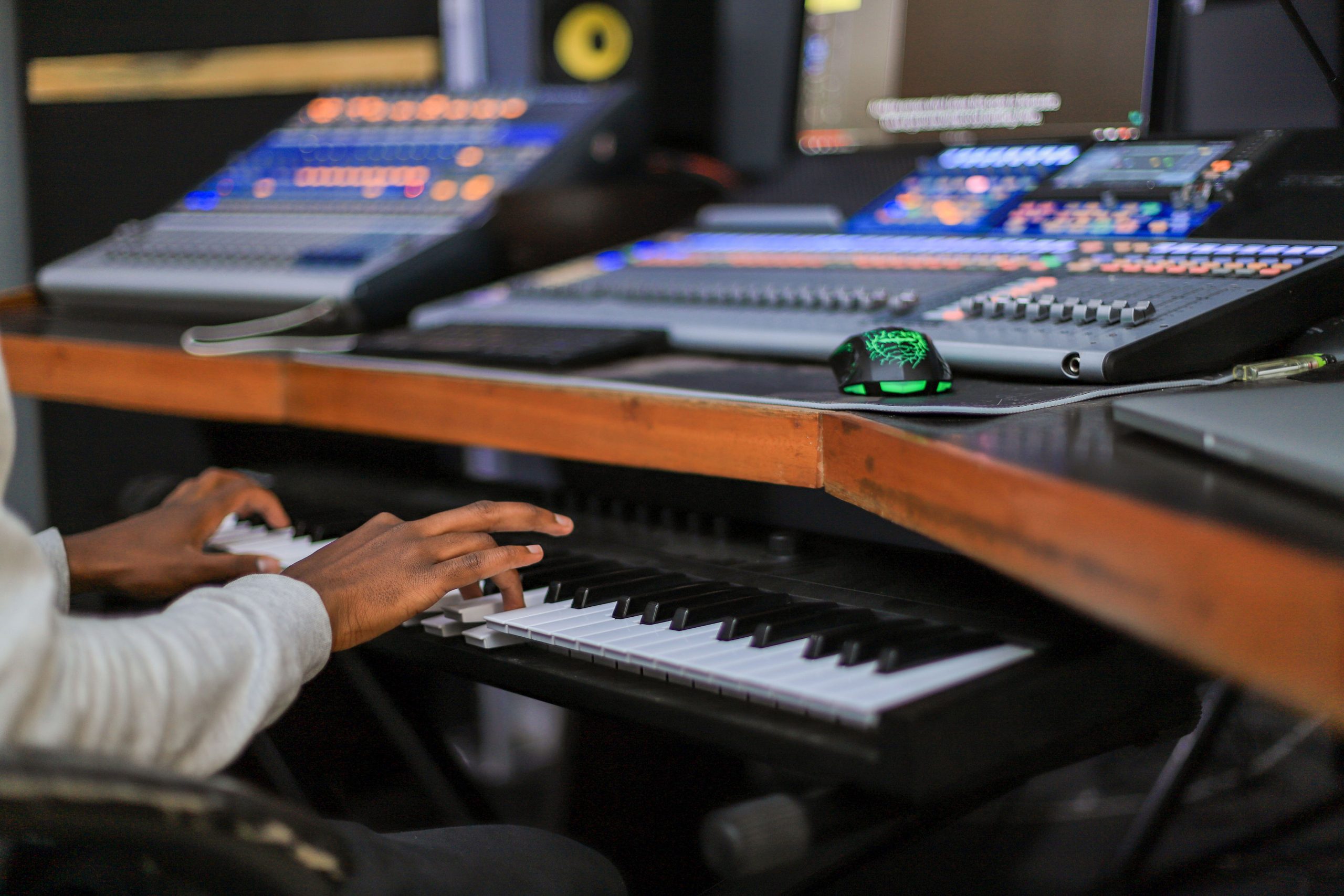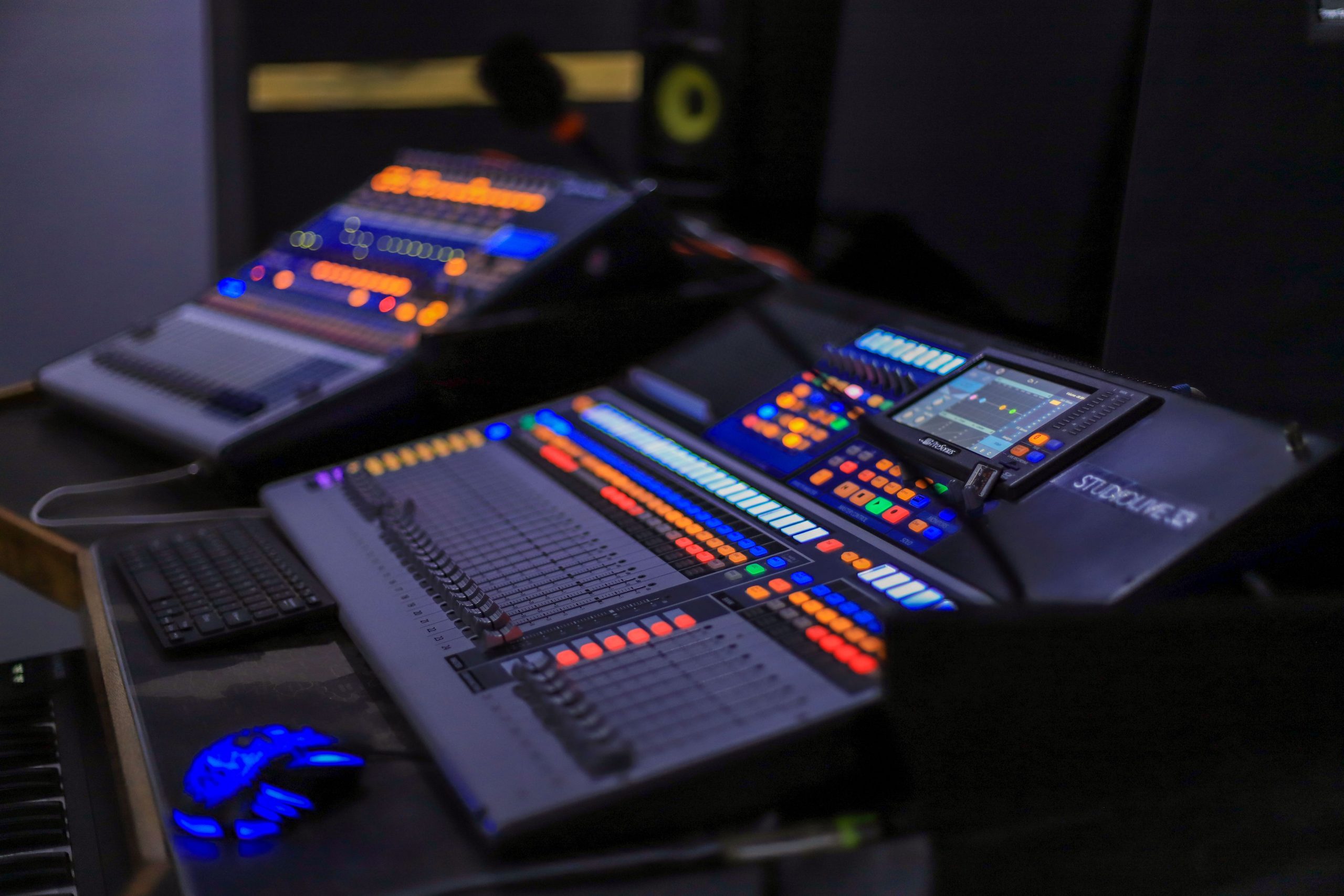
Impact Of Music Technology On The Music Industry.
Impact Of Music Technology On The Music Industry.
The Kenyan music industry has seen significant growth over the years, thanks to the impact of technology. Technology has revolutionised how music is created, produced, distributed, and marketed. As a result, musicians who have embraced technology have enjoyed unprecedented success. In this post, we will explore the impact of music technology on the Kenyan music industry.

Music Technology On The Music Industry
Production
In the past, producing high-quality music required access to expensive studio equipment, which only a few artists could afford. However, with the advent of music technology, musicians can make high-quality music at a fraction of the cost. Music production software such as Logic Pro, Fl Studio, and Ableton Live has enabled artists to create professional-sounding music with a lower budget. This has levelled the playing field, allowing more artists to produce quality music.
Distribution
In the past, getting music to audiences was a tedious process that involved physically distributing CDs and tapes to stores. However, with the rise of digital music platforms like Spotify, Apple Music, and YouTube, artists can now distribute their music globally with ease.
These platforms have made it possible for artists to reach wider audiences, which has led to increased visibility and more revenue streams.
Marketing
Music technology has also had a significant impact on music marketing. Social media platforms such as Instagram, Facebook, and Twitter have enabled artists to connect with their fans directly. Additionally, artists can now post their music, share updates about their careers, and interact with their fans in real time. This has enabled artists to build their brands and grow their fan base without relying solely on traditional marketing methods.
Collaboration
Music technology has also enabled artists to collaborate on music projects regardless of location. With tools like Zoom, Skype, and Google Meet, artists can now collaborate remotely on music projects, share files, and communicate in real time. This has made it possible for artists to work with producers, songwriters, and musicians from different parts of the world, creating unique and diverse music.
Music technology has significantly impacted the Kenyan music industry, making it easier for artists to produce, distribute, market, and collaborate on music. Musicians who embrace technology are likely to enjoy more success than those who do not. Aspiring musicians should, therefore, strive to stay up-to-date with the latest music technology trends and use them to their advantage. At Kamata School, we are committed to providing our students with the skills and knowledge they need to succeed in the ever-changing music industry.

0 comments
Write a comment